Dados do Trabalho
Título
A COMPLETE YEAR OF UROLOGY RESIDENCY TRAINING UNDER COVID-19: IMPACT ON EDUCATION AND HEALTH
Introdução e Objetivo
The emergence of the COVID-19 pandemics transformed the medical assistance all around the world. It led to a great reduction of medical consultations, diagnostic evaluations and surgeries of any kind. Urology residents have dealt with major challenges in terms of medical training, general health and well-being. There is a need to understand its real magnitude in order to establish measures to minimize it and prevent further deterioration.
Método
An electronic survey was e-mailed to all postgraduate (PG) students registered by the Brazilian Society of Urology. The survey included an assessment of socio-demographic, clinical practice, educational, health-related and behavior parameters. We also evaluated which subareas of urology were predominantly affected. A similar survey was adapted and sent to the directors of all urology residency programs.
Resultados
A total of 157 urology residents completed the survey, representing 33.5% of all the residents in the country. Most participants (82.8%) attend a URP in a public hospital and most respondents (82.0%) stated that their hospital had a very high volume of COVID-19 admissions. All surgical activities had significant reductions, specially kidney transplant surgery, minor surgeries and urodynamic testing. Areas that were least affected included emergency consultations, major oncologic surgeries and endoscopic surgeries for lithiasis. The assessment of subspecialties showed uro-oncology was the least affected, followed by lithiasis. The majority of residents (66.9%) were relocated to work in the front-line treatment of COVID-19 patients. Most residents considered themselves satisfied (41.9%) or very satisfied (11.6%) with their general health, while 25.7% were unsatisfied; however sadness or depressive feelings were reported by 22.3% of the participants while exhaustion was reported by 48.7%. The majority of residents (58.6%) claimed to have had COVID-19 infection. A total of 58 URP directors completed the survey, representing 74.3% of all residencies in the country. Directors estimated a lesser degree of training prejudice in uro-oncology and lithiasis/endourology.
Conclusão
The COVID-19 pandemic has severely impacted the clinical, surgical, and educational activities of urology residents in Brazil. PG students faced stressful situations that caused worsening of mental and physical health. Future research will be needed to measure the impact of this pandemic on urology training.
Área
Transplante Renal / Miscelânea
Instituições
Hospital das Clínicas da Faculdade de Medicina da Universidade de São Paulo - São Paulo - Brasil
Autores
JOAO VICTOR TEIXEIRA HENRIQUES, JOSÉ ANTONIO PREZOTI, JOSE DE BESSA JUNIOR, JULIA SOUZA, GILBERTO L ALMEIDA, LEONARDO SELIGRA LOPES, GUSTAVO RUSCHI, KARIN ANZOLCH, JULYANA MOROMIZATO, CRISTIANO MENDES GOMES
